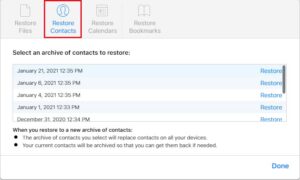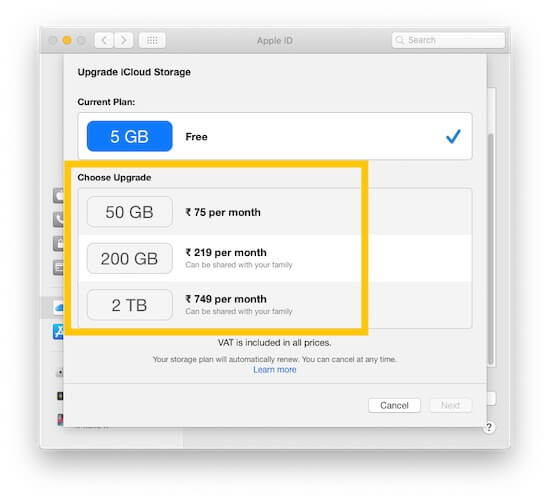

These include Photos, Mail, Contacts, Calendars, Reminders, Notes, preferences and bookmarks for Safari, Keychain passwords, and a few app-specific items. Here you’ll see which types of files from your Mac (and other Apple devices) are currently being stored in iCloud.

Click on your Apple ID to open the iCloud section.You can investigate what is being synced to iCloud by viewing your Apple ID settings in System Preferences: If you want a complete clone of your Mac, then you’ll either want to setup a Time Machine backup or use one of the packages included in our roundup of theīest backup software for Mac. How to store photos in iCloudįollow the steps above but choose the Photos option. Now the Desktop will be identical on every Mac you use, so if you save documents, images, screenshots and anything else here you will be able to access it on your other Mac – handy if you have a Mac at home and one at work. You can select Desktop and Documents here (you can also select Photos – more on that option below).Click on the Apple logo in the left of your screen.If you delete a document or save over it you won’t be able to recover the old version. You can move files from iCloud Drive to your Mac as you need them, or select all of your files and drag them to the place you want to keep them.How to store Desktop & Documents folder in iCloudīy setting up your Mac so that everything you are working on is stored in the cloud you can save a lot of space on your Mac and easily access all your files from any device.ĭo remember though that this isn’t a back up – unless you make a physical copy of the files yourself.

Note that if you disable syncing, Desktop files will no longer appear on the desktop of any other Macs you own, but they'll remain available in a folder on your iCloud Drive, and a new Desktop and Documents folder is created on your Mac in the home folder. If you decide you don't like Desktop and Documents folder syncing in iCloud, you can easily stop syncing by following the above steps and unchecking the box next to Desktop & Documents Folder (step 5).


 0 kommentar(er)
0 kommentar(er)
